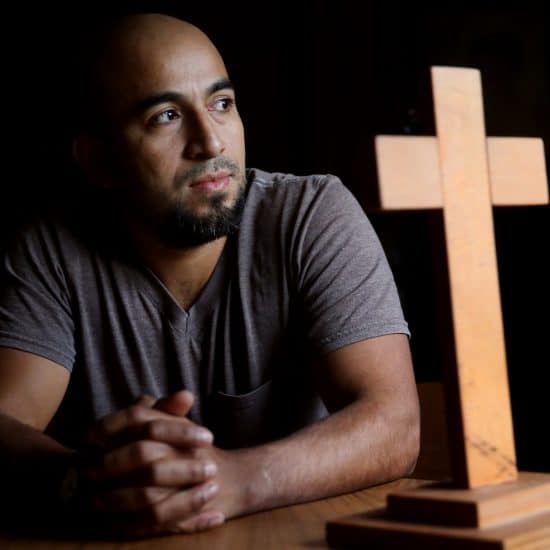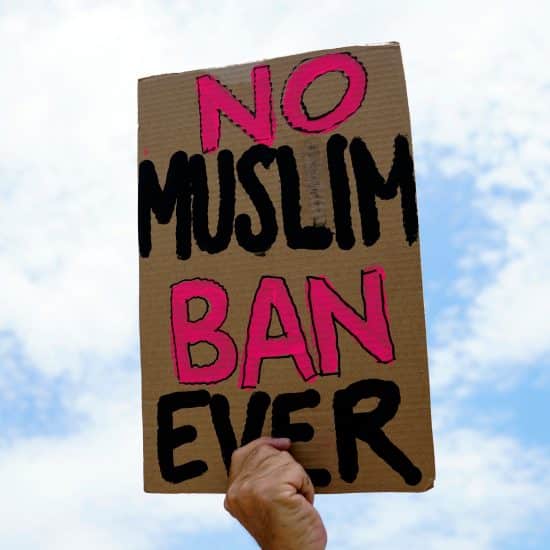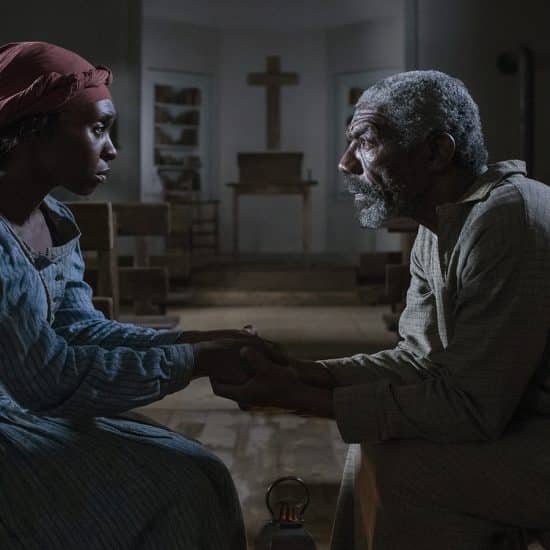My wife, Susan, son, Mark, daughter-in-law, Christy, and grandsons Chase, 6, and Caleb, 3, made our way toward the Illinois capitol on July 4, hoping rain would not cause postponement of the traditional Independence Day fireworks.
The rain, reduced to a sprinkle by the time we had carried our folding chairs to the lawn of a nearby state office building nevertheless had cooled the air, and we waited bundled in sweatshirts and windbreakers. Good locations were easier to come by than on evenings when the sky was clear.
When the fireworks began, we joined the rest of the crowd in “oohing and aahing” each colorful explosion overhead and winced with each boom, especially those that came in rapid fire. I had asked the boys ahead of time whether they preferred the colorful, pretty fireworks or the loud ones. They voted with me: the pretty ones.
Chase watched the sky intently while his little brother found a toy he had brought to be considerably more engaging.
I’m not sure the youngsters understood why we celebrate Independence Day with fireworks. I’m not sure most of the adults thought about it much either. It was a good show, but after a few minutes it was over.
Chase understands the idea of freedom as much as a six-year-old can. He knows that he lives in a free country, and he has been told that through the years soldiers have fought to secure our freedom — his freedom. The concept isn’t really on Caleb’s radar yet.
Later, they may attend such events and envision themselves in the hold of a ship, watching anxiously as Francis Scott Key did in the Battle of Baltimore in 1814, wondering what havoc explosions and gunfire that lit the sky might be wreaking. The British pounded the Americans mercilessly at Fort McHenry. For Key, whose poem based on that 25-hour battle, would soon be put to music and become “The Star-Spangled Banner,” the only redeeming value to a sky lit up by terrifying weapons of war was the reassuring sight of the American flag still catching the breeze and flying freely.
The sight gave assurance to Key that the banner would continue to wave over “the land of the free and the home of the brave.” To those early Americans, freedom was not a casual word but a solemn concept that described the difference between being controlled without a voice and having the autonomy to pursue dreams of a better life for themselves and for others. Freedom was worth fighting for, even worth dying for. It still is.
In the Bible, we learn that freedom in the deepest sense also is bought with a price and that it is the product of a relationship with Christ. “To the Jews who had believed Him, Jesus said, ‘If you hold to my teaching, you are really my disciples. Then you will know the truth, and the truth will set you free’” (John 8:31-32, NIV).
It is ironic that many people in the United States — many of them church people — become a little anxious when they hear of someone suggesting the exercise of freedom. They suggest that you simply can’t trust people to exercise freedom wisely. To avoid irresponsible use of freedom, it is best to tighten down the hatches and institute appropriate controls. they reason.
Most of us are comfortable with our own exercise of freedom, but we’re not sure others can handle freedom appropriately. For instance, parents tend to worry when their children begin to exercise the freedom to drive a car on their own. We fear the careless exercise of freedom; sometimes we fear the callous exercise of freedom that intentionally takes advantage of others.
Freedom is never easy, either to secure, to maintain or to use wisely. But that is hardly freedom’s fault. We have guidelines in place to help young people learn how to exercise freedom, and society has mechanisms in place to deal with people whose freedom infringes upon the freedom of others.
Churches, when they are at their best, help nurture members in the way of freedom, which always is associated with the One who is Truth. Spiritual obedience leads to the sacred exercise of this gift from God.
I’m grateful for a free country — for all the free countries — but I am most indebted to Christ for setting me free and helping me to enjoy freedom responsibly. I’m free to render aid to someone who needs it, to lift up someone who has fallen and to model Christ’s freedom to others in an infinite number of ways
Don’t put a leash on freedom; turn it loose. And don’t fear it. It is a gift from God.
Bill Webb is editor of Word&Way.




